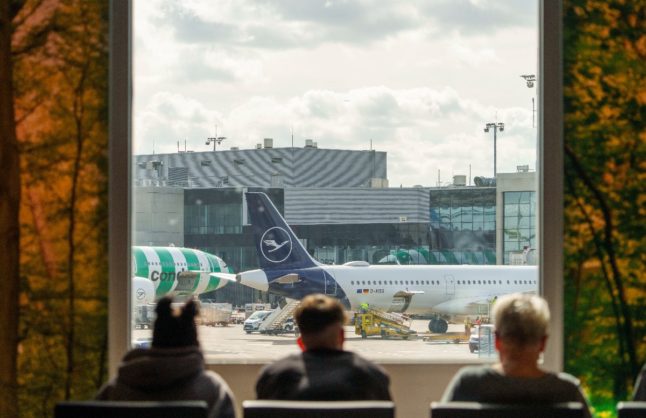Nationals of EU countries as well as Switzerland, Iceland, Liechtenstein and Norway will no longer be able to use their country’s national identity cards as a means of entry into the UK from the end of September.
From October 1st 2021 onwards travellers will only be able to enter the UK using their passport – previously travellers who had citizenship of EU countries could use their national ID card instead.
Under EU rules, citizens of member states that issue national identity cards, can use them for travel within the EU and Schengen area instead of a passport.
This was the case for travel to the UK when it was part of the EU. The change in rule in October is as a result of Brexit.
In general far fewer people own passports in these EU countries compared to national identity cards, which are obligatory in states such as France.
But the change of rule for travel to the UK may force many to apply for passports.
However there will be some exceptions.
The Home Office states that these nationals can continue to use national ID card to enter the UK until at least December 31st 2025 if they:
- have settled or pre-settled status under the UK’s EU Settlement Scheme
- have applied to the EU Settlement Scheme but not yet received a decision
- have an EU Settlement Scheme family permit
- have a frontier worker permit
- are an S2 Healthcare Visitor
- are a Swiss Service Provider
Travellers will need to have the appropriate documents to prove the above status at the UK border.
Irish citizens can continue to use a passport card to travel to the UK.
EU travellers do not need a visa for short trips to the UK.



 Please whitelist us to continue reading.
Please whitelist us to continue reading.
Can you comment on the requirement from the end of September for those visiting from the UK to have a UK sticker on their car. GB will no longer be valid? Nor will the England Welsh or Scottish flag. Only the Union Flag.
There is a BBC news feed article today addressing this issue. You should be able to retrieve it via their website.